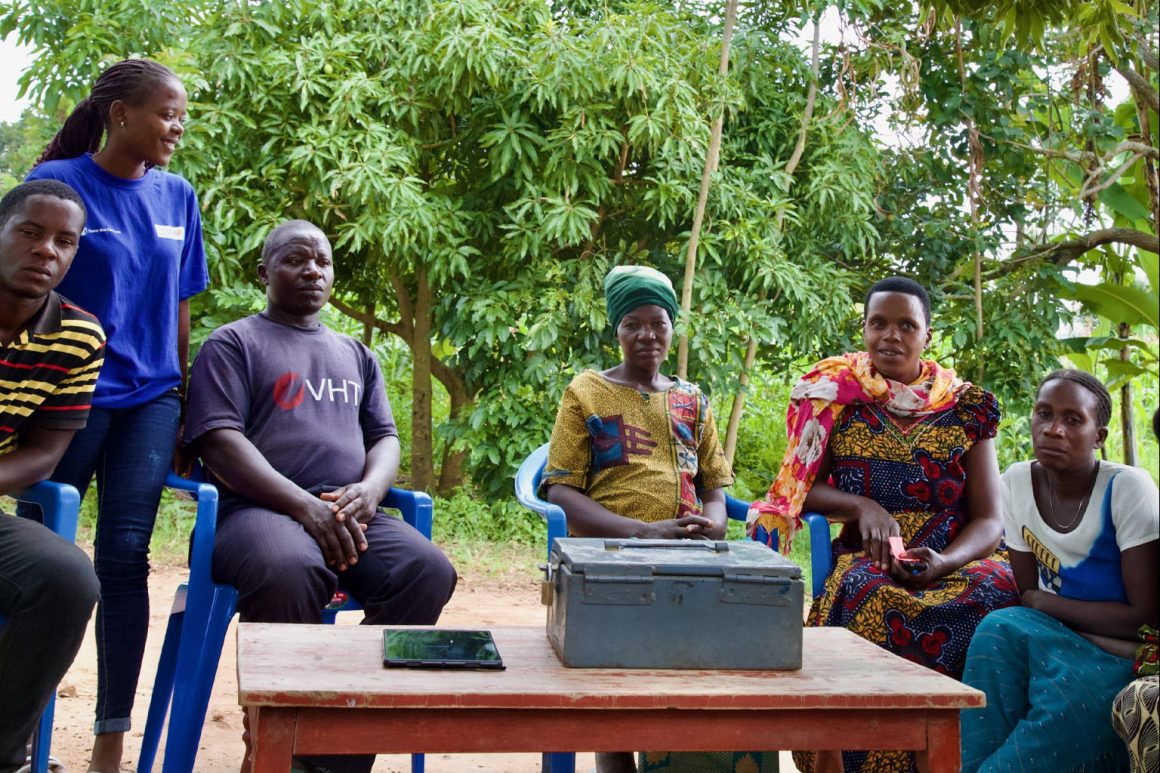1. Why Financial Literacy Is Essential
Financial literacy empowers individuals to understand and manage money wisely—covering areas like budgeting, saving, investing, insurance, and debt control. In Uganda, where access to formal financial services is rising, financial literacy ensures people can use these tools effectively and safely. By building financial knowledge, Ugandans can safeguard their savings, choose fair products, and protect themselves from fraud and exploitation.
2. National Strategies That Drive Financial Education
Bank of Uganda’s Strategy for Financial Literacy (2019–2024)
The Bank of Uganda (BoU) has developed a national roadmap aimed at equipping citizens with money-management skills. The strategy emphasizes priority groups—youth, women, workers, rural communities, and vulnerable populations like persons with disabilities and refugees. Core messages focus on personal finance, savings, loans, insurance, retirement planning, and consumer rights. These messages are shared widely in many local languages.bou.or.ug
National Financial Inclusion Strategy II (2023–2028)
The updated strategy prioritizes broadening financial literacy and consumer protection. It stresses collaboration among stakeholders—government, banks, NGOs—to build awareness and empower underserved groups. The goal is to raise overall financial inclusion while reducing exploitation and risk.Scribd
3. Leading Organizations and Community Programs
Uganda Financial Literacy Association (UFLA)
UFLA is the national leader in financial education. It heads programs across multiple demographics—youth, women, smallholder farmers, informal workers, and religious institutions. Its training covers vital modules like savings, investments, planning, digital banking, and retirement planning.ufla.co.ug
The “Project Take UFLA Home” expands UFLA’s reach by setting up district-level chapters across Uganda’s 146 districts, promoting local training and mentorship.ufla.co.ug
Notably, UFLA has developed the UGFINLIT App, offering modules in multiple languages, self-registration, and chatbot support for financial education.ufla.co.ug
National Social Security Fund (NSSF) Initiatives
In 2025, NSSF rolled out a Smartlife Flexi voluntary savings campaign, targeting Kampala’s market vendors. It brings financial literacy and social security services directly to informal workers.allAfrica.comKikubo Lane
Additionally, NSSF co-hosted the “Financial Literacy, Smart Money Moves” expo at Uganda Christian University, educating students on savings and financial planning.allAfrica.com
Uganda Bankers Association (UBA) Efforts
UBA collaborates with BoU to push financial literacy via schools, workplaces, rural outreach, and media. Their strategy includes integrating financial education into curricula and community-based programs.ugandabankers.org
Private Sector Partnerships
- UAP Old Mutual and FSME hosted a financial literacy workshop for over 400 SMEs, focusing on financial resilience and growth.Monitor
- Stanbic Bank, in collaboration with Opportunity International, trained headteachers and bursars on budgeting, risk management, and financial governance.Daily Star
Community-Based and NGO-Led Training
Efforts like community radios, VSLAs, and church groups help deliver financial education to rural areas, ensuring equitable outreach.New Vision
4. Impact of Financial Literacy in Uganda
Economic Empowerment & Business Survival
Improved financial literacy strengthens the ability of individuals and SMEs to save wisely, budget effectively, and plan long-term. With only 30% of SMEs surviving past three years, education is vital to their growth and resilience.Monitor
Inclusion for Underserved Groups
Women, youth, PWDs, and refugees face notable barriers in accessing finance. Targeted literacy initiatives help close these gaps, building confidence and economic agency.ScribdWikipedia
Shaping a Savings Culture
Projects like NSSF’s Smartlife encourage informal workers to shift from informal saving methods to structured, regulated savings—promoting long-term stability.allAfrica.comKikubo Lane
5. Tips for Getting Financially Literate
- Use National Online Resources: Visit BoU’s financial literacy site for guides and core messages.
- Download the UGFINLIT App from UFLA for interactive, localized learning.
- Attend Local Workshops: Keep an eye on programs by UFLA, NSSF, UBA, and banks like UAP and Stanbic.
- Engage in School & Workplace Training: These institutional opportunities often include real-world financial tools.
- Join VSLAs or Savings Groups: Especially helpful in rural areas to learn practical finance.
- Consume Financial Media: Radios and community talk shows often broadcast relevant content.
6. Looking Ahead: The Road to 2026 and Beyond
A more financially literate Uganda will be better equipped to:
- Survive economic shocks
- Access quality services
- Make informed decisions about loans, savings, and investments
- Drive inclusive growth across sectors
Expanding digital platforms like the UGFINLIT App, leveraging social media, and embedding financial literacy in schools will amplify impact—aligning with Uganda’s broader goals of inclusion and development


Leave a Reply